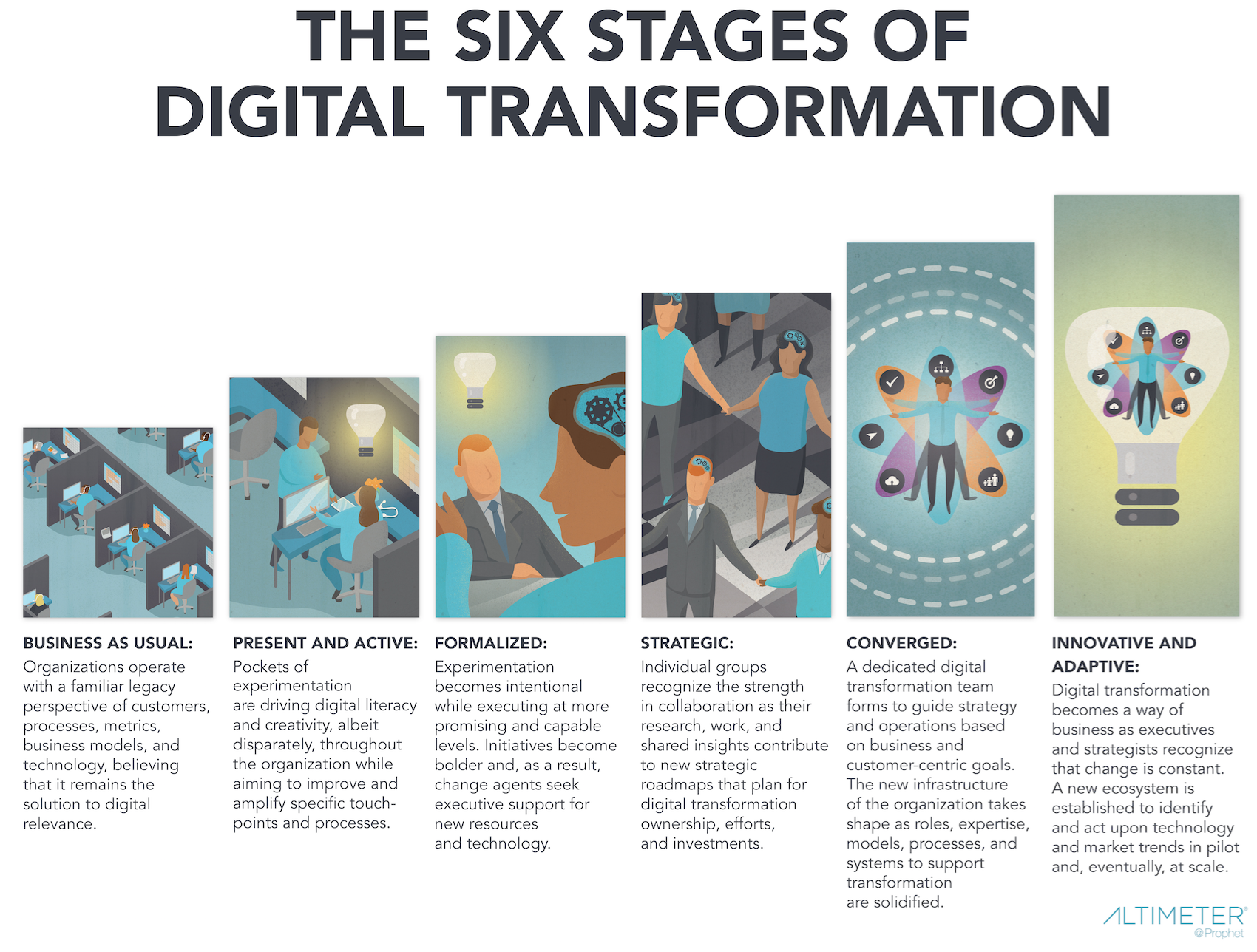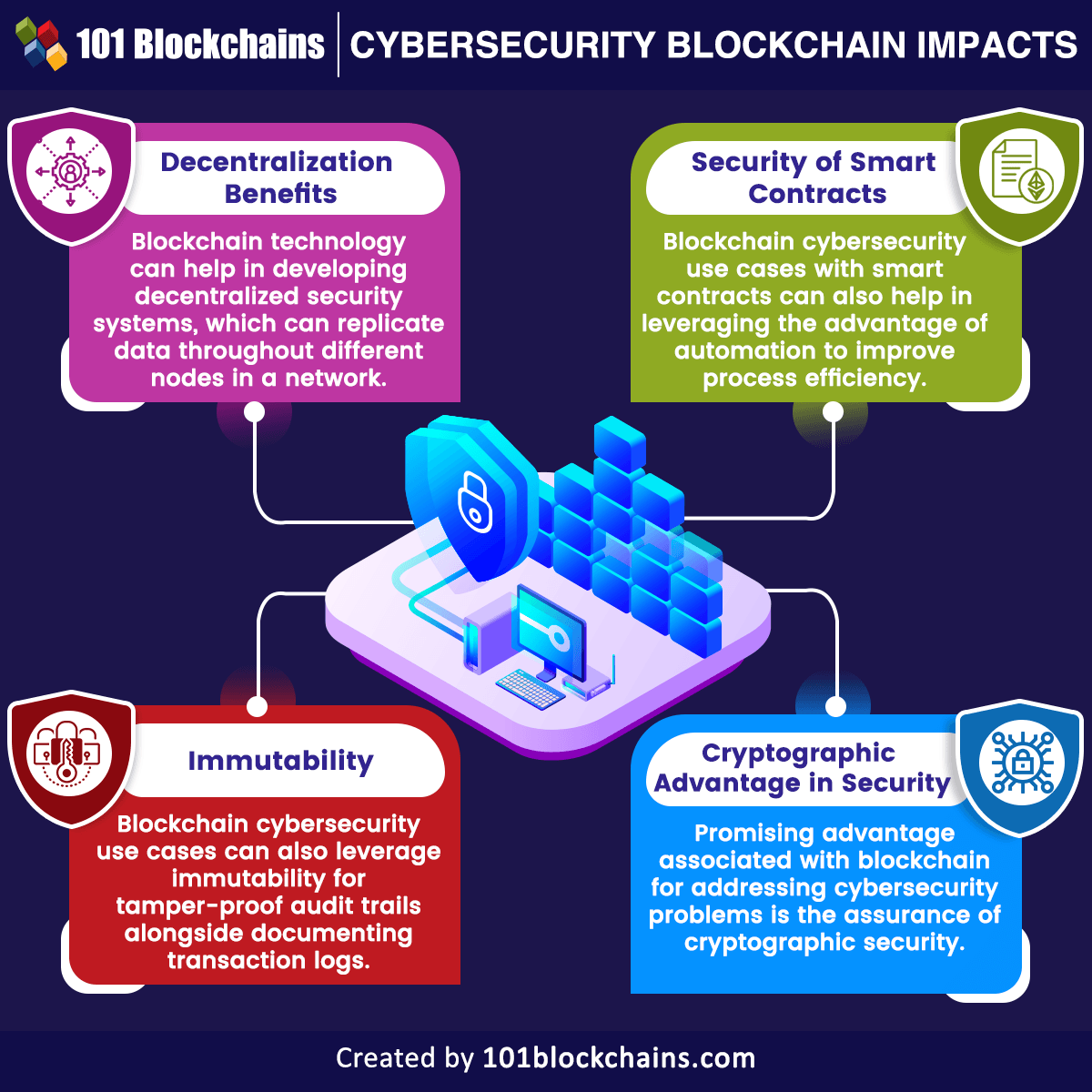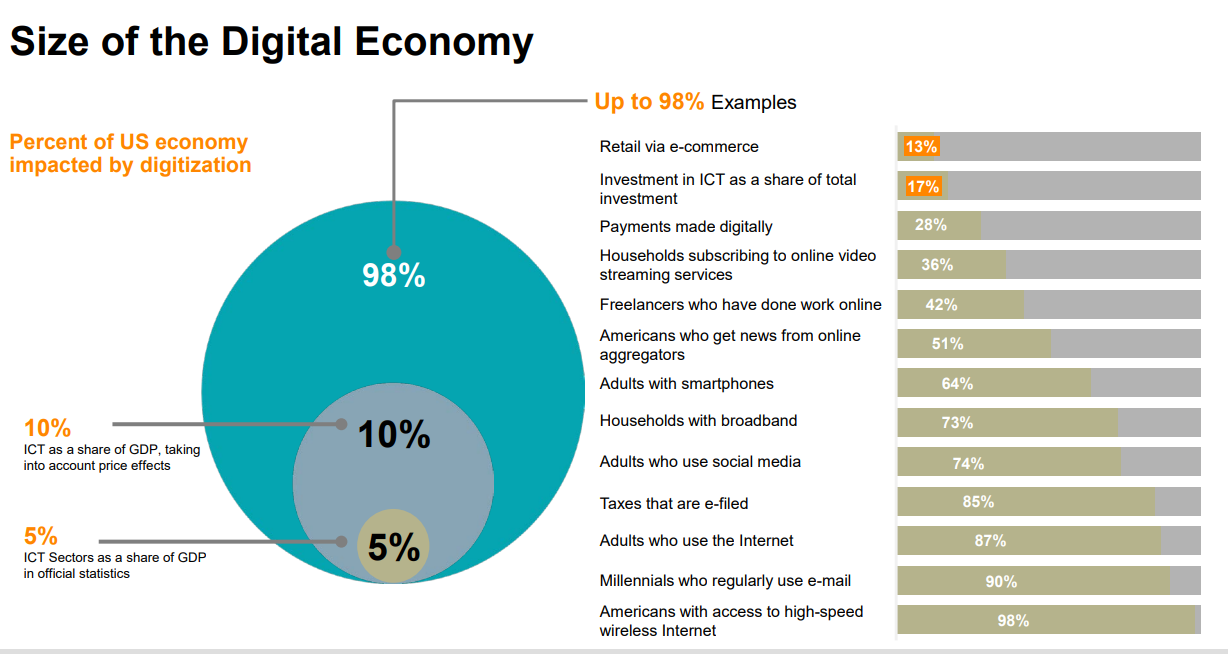Digital transformation is reshaping the landscape of modern business, driving companies to rethink their operations and strategies in an ever-evolving digital world. As organizations strive to harness cutting-edge technologies like 5G, they face a myriad of challenges during their digital transition, particularly in terms of cybersecurity, which poses significant risks to their growth and credibility. CEOs and CIOs find themselves at the forefront of this transformation, with an increasing trend of CIOs stepping into CEO roles, reflecting the critical intersection between technology and business leadership. In countries like India, the rich pool of a skilled workforce further amplifies the importance of adapting to these changes, positioning local companies as key players in the global market. Ultimately, embracing digital transformation will not only enhance efficiency and collaboration but also redefine customer interactions, ensuring that businesses stay competitive in an increasingly tech-driven economy.
The wave of digital innovation is not just a buzzword; it represents a fundamental shift in how businesses operate and compete in various industries. As firms worldwide integrate advanced technologies, the synergy between executive roles—particularly among CEOs and CIOs—becomes increasingly vital in steering their companies towards success. The significance of ultra-fast communication networks like 5G cannot be understated, as they provide the backbone for enhanced connectivity and real-time data exchange. Moreover, as organizations transition to digital frameworks, the complexities of ensuring robust cybersecurity measures emerge as a critical concern that could hinder progress. With a significant demographic of young professionals in India equipped to tackle these challenges, the potential for impactful digital solutions is immense, paving the way for a new era of operational excellence.
The Rising Role of CIOs in Digital Transformation
As organizations around the globe embrace digital transformation, the role of Chief Information Officers (CIOs) is evolving significantly. Traditionally seen as the guardians of IT infrastructure, CIOs are transforming into pivotal business strategists who influence overall company direction. With CEOs recognizing the crucial impact of technology on operations and customer engagement, CIOs are increasingly stepping into leadership roles that extend beyond information technology. This shift positions them to be at the forefront of catalyzing digital initiatives that drive growth and innovation within their organizations.
In many cases, the evolution of CIOs to CEOs can be attributed to their deep understanding of the digital landscape and its implications on business processes. As digital transformation becomes essential for survival, the demand for tech-savvy leaders who can bridge the gap between technology and business strategy is on the rise. Moreover, as businesses navigate challenges in digital transition, such as outdated systems and workforce adaptability, CIOs are well-equipped to lead these efforts due to their unique insights into technological advancements and their operational impact.
Unlocking Opportunities in India’s Skilled Workforce
India’s workforce presents a tremendous opportunity for organizations looking to bolster their digital transformation efforts. With a large pool of highly skilled professionals proficient in technology and digital solutions, the country positions itself as a major player in the global arena. Corporations are keenly aware that to successfully transition from legacy systems to more agile and scalable digital platforms, they must leverage the talent present in India. This skilled workforce is particularly adept at managing complex projects and adapting to rapid technological changes, which is essential in today’s fast-paced market.
Moreover, as companies invest in technology infrastructure and digital tools, India’s engineers and technical personnel become invaluable resources. They are not only essential in developing innovative solutions but also in ensuring that these technologies integrate seamlessly into existing systems. With a focus on continuous learning and upskilling, India is cultivating a workforce ready to meet the demands of contemporary business challenges, ultimately driving successful digital transformation across various sectors.
The Importance of 5G in Digital Transformation
The advent of 5G technology is poised to redefine the landscape of digital transformation for businesses worldwide. As organizations seek to enhance their connectivity and operational efficiency, 5G offers unprecedented bandwidth and speed necessary for real-time communication and data transfer. This technology not only supports advanced applications like the Internet of Things (IoT) but also ensures that tasks requiring low latency — such as autonomous vehicle operations — can be executed effectively. For companies aiming for a competitive edge, integrating 5G capabilities into their digital strategy becomes vital.
Furthermore, 5G enables businesses to create more flexible working environments that harness cutting-edge technologies. For example, enhanced mobile communication can streamline workflows and improve collaboration among teams in different geographical locations. As organizations increasingly rely on remote interactions, 5G becomes essential for delivering superior customer experiences through efficient digital platforms, ensuring that companies remain agile and responsive in a volatile market.
Cybersecurity: A Critical Challenge in Digital Transformation
As organizations embark on their digital transformation journeys, they must navigate the significant challenge of cybersecurity risks. The more companies digitize their operations, the more vulnerable they become to cyber threats, resulting in potential data breaches and operational disruptions. This concern is underscored by the reality that cybercriminals are becoming increasingly sophisticated, which puts immense pressure on CEOs and CIOs to implement robust security measures that protect sensitive information and ensure compliance with regulations.
Failing to prioritize cybersecurity can lead to severe consequences for a company, including financial losses and damage to its reputation. As such, organizations often find themselves at a standstill, weighing the benefits of digital innovation against the potential risks associated with cyber vulnerabilities. To mitigate these risks, it is imperative for companies to adopt a proactive security stance, which involves investing in the latest cybersecurity technologies and practices that can safeguard their digital assets while fostering an environment conducive to innovation.
Challenges in the Digital Transition Landscape
Navigating the digital transition landscape ushers in several challenges for organizations poised to embrace technology. One primary hurdle is the resistance to change within established corporate cultures. Employees may be hesitant to adopt new technologies, leading to a disconnect between digital solutions and their actual implementation. Consequently, senior management must actively engage in fostering a culture that embraces innovation while providing adequate training and support to facilitate this transition.
Another challenge arises from the complexities involved in migrating from legacy systems to a more integrated digital framework. Organizations face difficulties in ensuring that existing infrastructures can adapt to new digital technologies without causing disruptions in service delivery. Moreover, the potential for data loss or operational downtime during this transition amplifies the need for strategic planning and meticulous execution to ensure a smooth shift to a fully digital ecosystem.
The Future of CEO and CIO Collaboration
The collaboration between CEOs and CIOs is becoming more crucial as digital transformation takes center stage in corporate strategies. With an increasing pressure to innovate and adapt, CEOs are relying on CIOs to provide insights into technological advancements and their potential implications for business operations. This partnership is essential not only for devising effective digital strategies but also for ensuring these strategies align with overall organizational goals and objectives.
Moreover, CIOs must advocate for the resources and investments necessary to drive digital initiatives forward. As the responsibility for tech-driven innovation expands, CEO engagement with CIOs guarantees that strategic priorities reflect both market demands and technological capabilities. The future of organizational success will hinge on this synergy, making it imperative for both roles to work together in harmony to harness the transformative power of technology.
The Future of 5G in India
As India continues to position itself as a global leader in technological innovation, the rollout of 5G technology is expected to play a transformational role in various sectors. The significance of 5G extends beyond improved connectivity; it serves as a catalyst that will drive the country’s digital economy forward, fostering advancements in healthcare, agriculture, and education, among others. As more industries start leveraging 5G, the potential for creating new applications and services is immense, paving the way for smarter cities and improved living standards.
Furthermore, the government’s support for 5G infrastructure development will likely accelerate its adoption across urban and rural areas alike. As 5G becomes more accessible, it creates opportunities for businesses to tap into innovative solutions that enhance operational efficiencies and customer engagement. This strategic implementation will empower India’s skilled workforce, enabling them to develop applications and services that meet both local and global needs, marking a new era in the country’s digital transformation journey.
Building Resilience Through Cybersecurity in Digital Transformation
In an age where digital solutions are integral to business operations, resilience through cybersecurity becomes paramount for organizations undertaking digital transformation. Businesses must adopt a proactive approach that includes rigorous risk assessments and the implementation of comprehensive security protocols. As the threat landscape evolves, organizations need to continually update and strengthen their cybersecurity measures to protect sensitive data and maintain operational integrity within their digital frameworks.
Additionally, fostering a culture of cybersecurity awareness among employees is essential for mitigating risks associated with human error. Training staff to recognize potential threats and adhere to security protocols can significantly reduce vulnerabilities and enhance an organization’s overall security posture. By prioritizing cybersecurity, companies can create a resilient environment that not only safeguards their assets but also supports sustainable digital transformation efforts.
Harnessing Digital Innovation for Enhanced Customer Experiences
As businesses increasingly prioritize digital transformation, enhancing customer experiences becomes a central focus. Organizations must leverage technology to gather and analyze customer data, enabling them to deliver personalized and relevant interactions. Digital tools such as mobile applications, chatbots, and advanced CRM systems facilitate real-time engagement, allowing businesses to respond swiftly to customer inquiries and needs. This not only increases customer satisfaction but also fosters long-term loyalty.
Moreover, adopting a data-driven approach to customer interactions empowers organizations to make informed decisions and refine their service offerings based on customer feedback and insights. As companies navigate the digital landscape, integrating innovative solutions that enhance customer experience becomes critical to staying competitive. By investing in the right technologies and strategies, businesses can create meaningful connections with their customers and drive growth in their digital initiatives.
Frequently Asked Questions
What role does 5G play in the digital transformation journey for companies?
5G is crucial for facilitating digital transformation as it provides increased bandwidth and low latency, essential for supporting advanced technologies like IoT, autonomous vehicles, and real-time data analytics. This next-generation mobile network enhances communication accuracy and supports diverse applications, allowing companies to innovate and deploy solutions more effectively.
How are the roles of CEOs and CIOs evolving in the context of digital transformation?
The roles of CEOs and CIOs are increasingly intertwined as digital transformation becomes a central business strategy. CIOs are evolving into business leaders, often transitioning to CEO roles as their expertise in technology drives organizational performance. This shift reflects the recognition of technology’s role in achieving business objectives.
What challenges do companies face during their digital transition, particularly regarding cybersecurity?
Cybersecurity is a significant challenge in the digital transformation process. As companies digitize, they become more vulnerable to cyber threats, necessitating robust cybersecurity measures to protect their data and systems. This focus on cybersecurity can delay transformation efforts, as organizations must ensure compliance and minimize risks before fully embracing digital technologies.
Why is India’s skilled workforce vital for global digital transformation efforts?
India’s skilled workforce is crucial for global digital transformation as it provides a pool of talent capable of transitioning companies from legacy systems to modern digital platforms. This resource-rich environment is essential for driving innovation, implementing new technologies, and enhancing global network services, making India a focal point for multinational corporations.
What impact does the importance of 5G have on the competitive landscape during digital transformation?
5G significantly impacts the competitive landscape by enabling companies to leverage faster and more reliable connectivity. This technology allows businesses to innovate quickly, enhance customer experiences, and improve operational efficiencies. As companies utilize 5G to transform digitally, those who adapt swiftly can outperform traditional market players.
| Key Point | Details |
|---|---|
| CIOs Transforming into CEOs | Bas Burger believes that as CIOs evolve into business creators, more of them will transition to CEO roles. |
| Importance of 5G | 5G is crucial for enhancing mobile networks, enabling low latency and higher bandwidth, which are essential for new technologies like IoT and driverless cars. |
| Digital Transformation’s Urgency | Companies must digitize quickly to improve efficiency, enhance employee collaboration, and strengthen customer interactions to compete with agile smaller enterprises. |
| Opportunities in India | India offers a skilled workforce, essential for transitioning to digital environments, and is pivotal in global innovation. |
| Changing Roles of CEO and CIO | CIOs are increasingly influential in company performance and are under pressure to deliver rapid digital solutions. |
| Cybersecurity Challenges | Cybersecurity risks create barriers to digital transformation, as companies must invest significantly to mitigate potential breaches. |
Summary
Digital transformation is crucial for companies as they adapt to new technologies and market dynamics. The evolution of CIOs into CEO roles underscores the importance of tech-savvy leadership in driving this change. With the rapid adoption of digital strategies facilitated by advancements like 5G and the necessity to combat cybersecurity threats, businesses are rethinking operations to enhance efficiency, collaboration, and customer engagement. As organizations navigate these challenges, the potential of digital transformation presents significant opportunities for innovation and growth.



